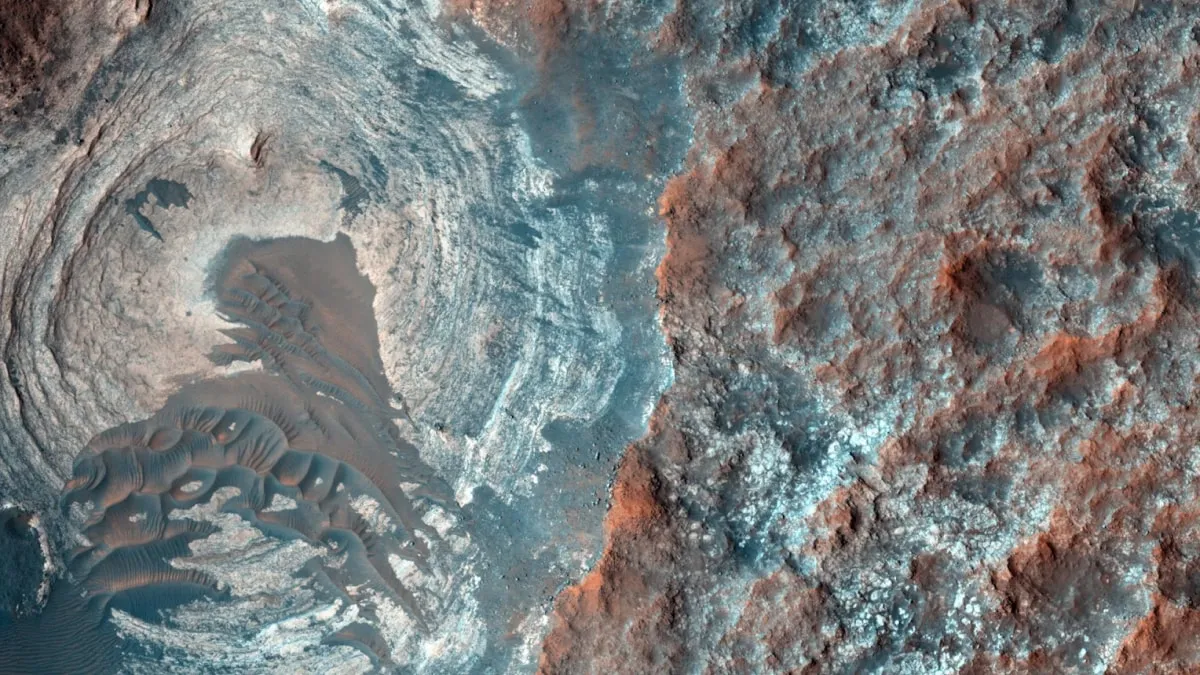How Artificial Intelligence is Transforming Cosmology and Astronomical Research

Transforming Cosmic Understanding
Artificial intelligence (AI) is revolutionising how we interpret the universe, moving beyond traditional methods. At the Flatiron Institute's Center for Computational Astrophysics (CCA), researchers are utilising AI to analyse vast amounts of data from over 100,000 galaxies as part of the Sloan Digital Sky Survey (SDSS). This research focuses on accurately determining five crucial cosmological parameters that define our universe's core settings.
The Role of AI in Cosmology
The five cosmological parameters dictate the universe's behaviour on a macroscopic scale. They serve as its operating instructions, and gaining precision in measuring these parameters is vital for cosmological research. With AI, the research team achieves a new level of accuracy, significantly reducing uncertainties in measuring the universe’s properties.
Enhancing Data Extraction
AI is proving invaluable in enhancing the efficiency of data analysis. Prior methods struggled to wade through the vast datasets from astronomical surveys, which could cost billions. The AI model developed at CCA was trained on 2,000 simulated universes, addressing real-world complexities. Post-training, it processed actual SDSS data, achieving remarkable results in reducing measurement uncertainties.
Addressing Cosmic Mysteries
This AI advancement does not merely refine methods; it tackles significant cosmic questions such as the Hubble tension, which describes discrepancies in estimating the universe's expansion rate. Improved measurements from AI could contribute to resolving these debates, leading to a better understanding of the cosmos.
Future Implications
As new astronomical surveys like the European Euclid survey commence, the AI methodologies developed at the CCA will be crucial in optimising the extraction of valuable astronomical insights. This leap in data analysis reflects a transformative change in our approach to cosmological research.
This article was prepared using information from open sources in accordance with the principles of Ethical Policy. The editorial team is not responsible for absolute accuracy, as it relies on data from the sources referenced.